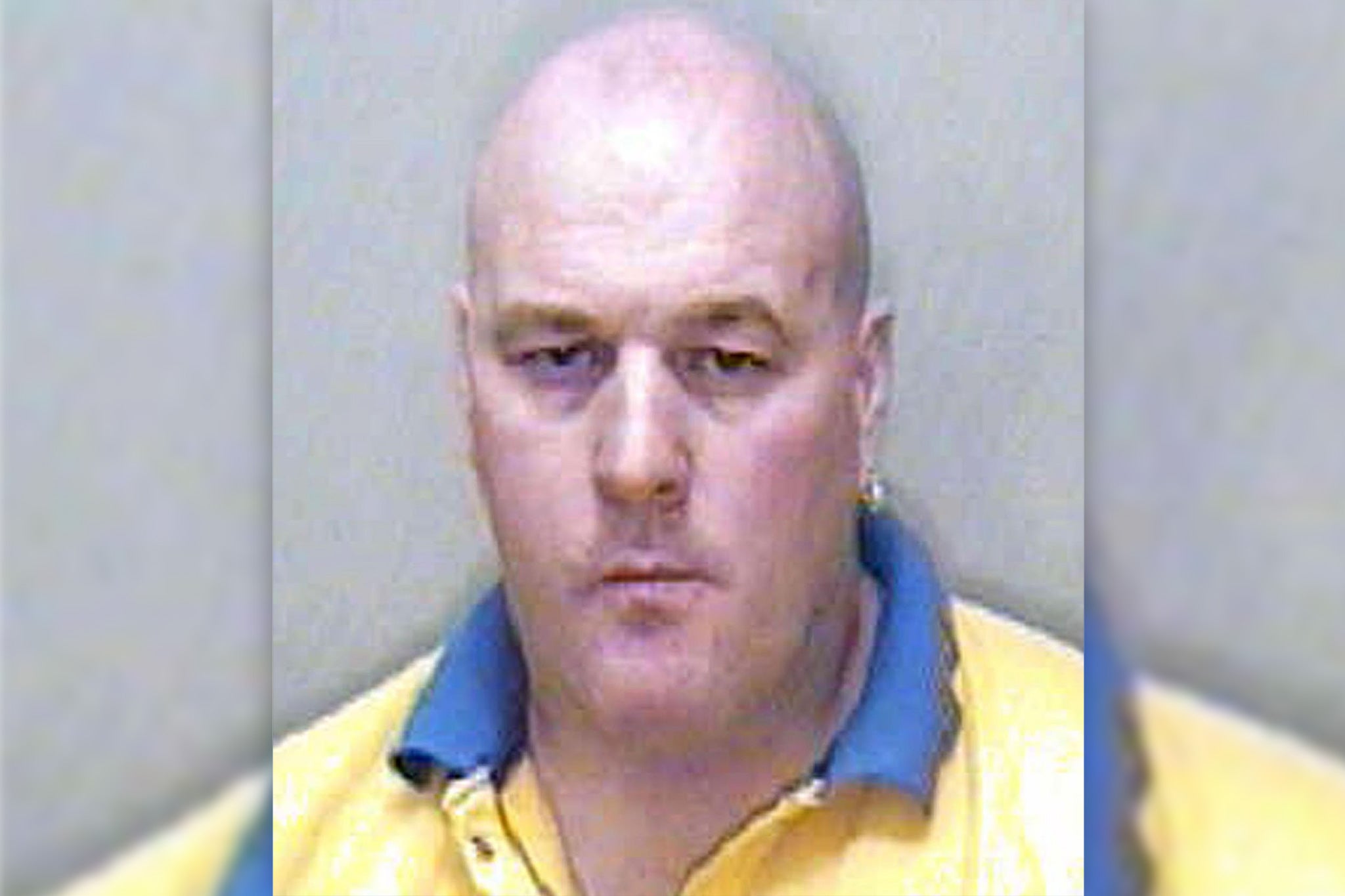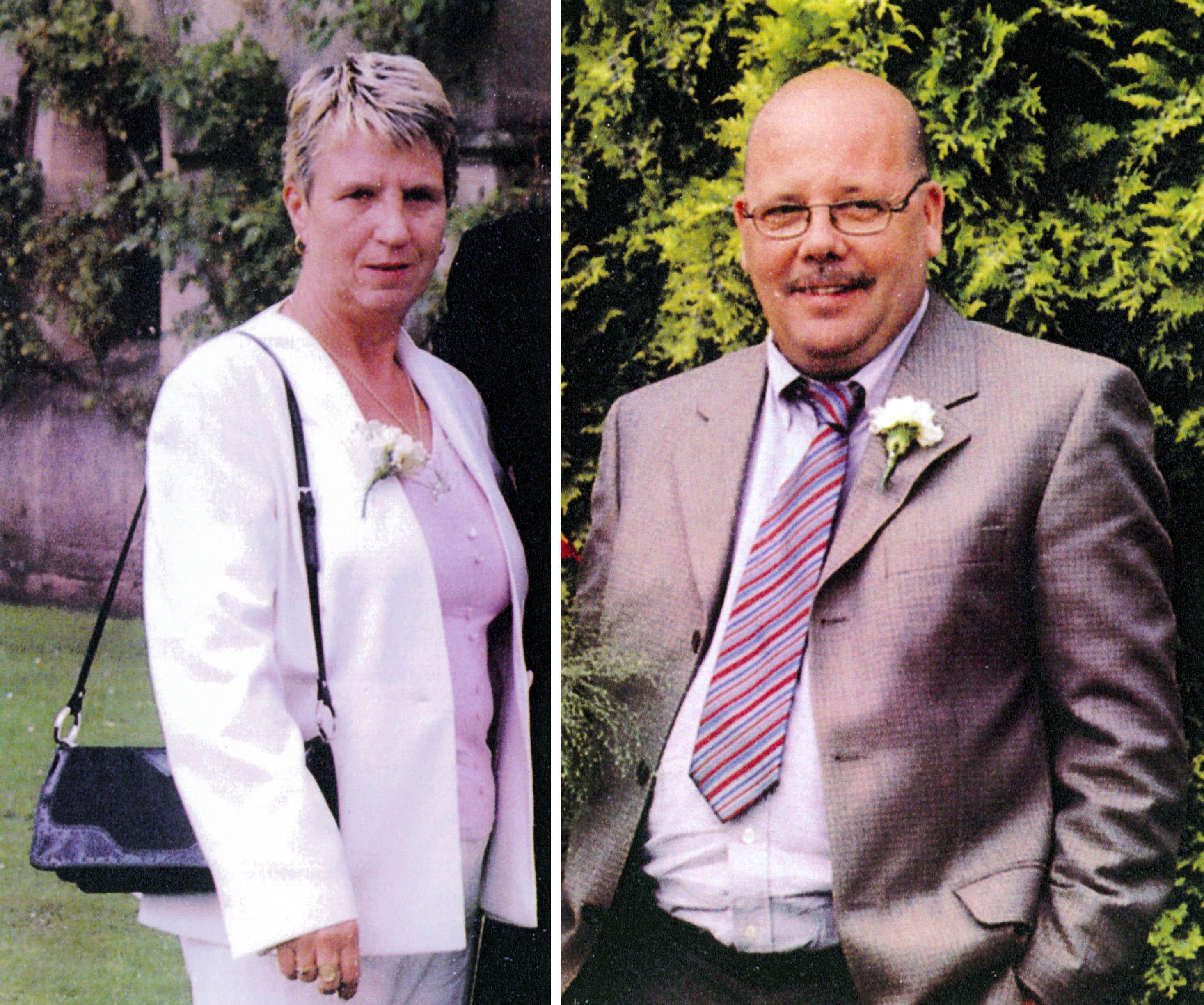Notorious crime boss behind murder of innocent couple loses challenge over escape risk
Nottingham gang leader Colin Gunn was jailed for at least 35 years in 2006 for conspiracy to murder John and Joan Stirland

A notorious crime boss serving a life sentence for orchestrating the murders of an innocent couple has lost his High Court challenge over whether he poses a high risk of escape from prison.
Nottingham gang leader Colin Gunn was jailed for at least 35 years in 2006 for conspiracy to murder John and Joan Stirland, who were shot in Trusthorpe, Lincolnshire, to gain “revenge” on their son.
He took legal action against the Ministry of Justice (MoJ), claiming a decision in February 2023 to not downgrade his escape risk classification was unfair and unlawful.
Gunn, currently in high-security HMP Long Lartin in Evesham, Worcestershire, alleged the decision means he experiences a “significantly more intrusive and restrictive regime in the prison”.
He is once said to have run the Bestwood Estate in Nottingham with his brother, David Gunn, built up a multimillion-pound empire based on drugs, extortion and violent crime and played a part in the city previously being known as Britain’s gun crime capital.
The prisoner, who was also handed a nine-year sentence in 2007 for bribery of two police officers and conspiracy to corrupt, has previously hit the headlines over his jail experiences.
In 2010, he claimed to have won the right to be addressed as “Mr” by prison staff after complaining to the Prisons Ombudsman.
Two years later, he urged fellow inmates at his then jail, HMP Belmarsh, to complain that they had been overcharged for sending A4-size mail.
At a hearing earlier this month, his lawyers claimed it prevents him moving to a lower security category and reduces his prospect of release on licence at the end of his minimum term in 2040.
But in a judgment on Monday, Mr Justice Saini dismissed Gunn’s challenge.

The High Court previously heard that Gunn was last classified as being of “exceptional” risk in March 2013, due to allegations that he had tried to corrupt a member of staff as part of an escape plan, before being downgraded to “high risk” in September that year.
In his 26-page judgment, Mr Justice Saini said: “Counsel for the claimant argued that his previous exceptional escape risk was of very limited if any relevance, since his downgrading by definition meant that the concerns which formed the basis for his previous classification were ‘no longer valid’… I reject the logic of this submission.”
He continued: “The previous exceptional escape risk categorisation was because of intelligence suggesting that that the claimant and a second prisoner were planning an escape involving a helicopter and firearms… The history forms part of the overall evidential picture.”
The judge also ruled that the decision not to hold an oral hearing over Gunn’s classification was lawful, finding “it would have served no purpose”.
